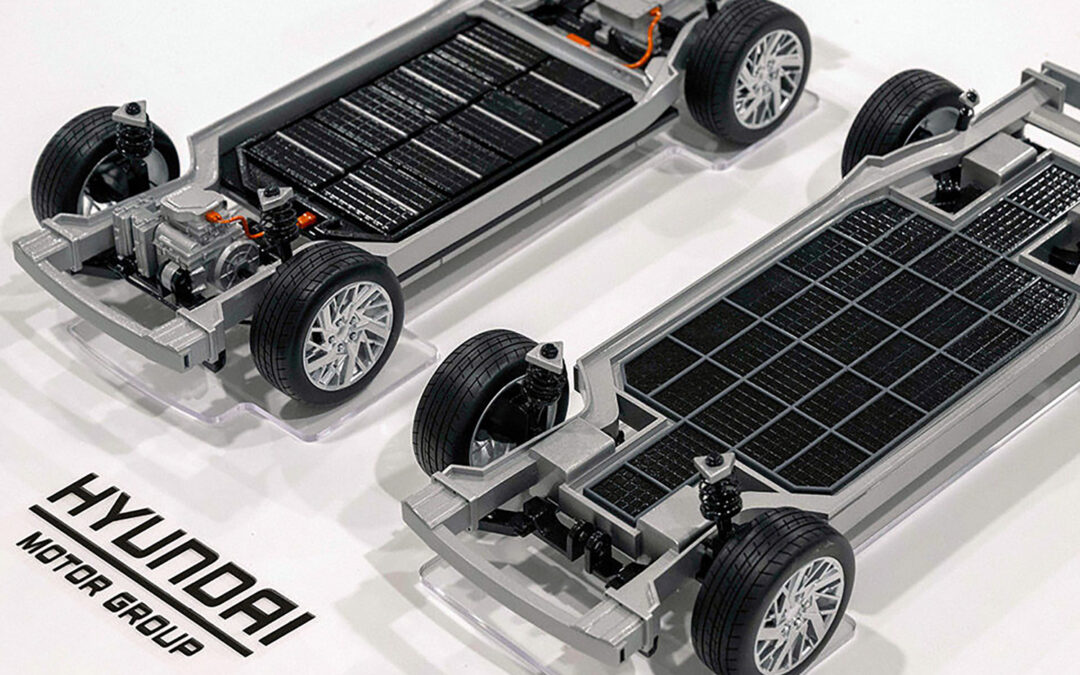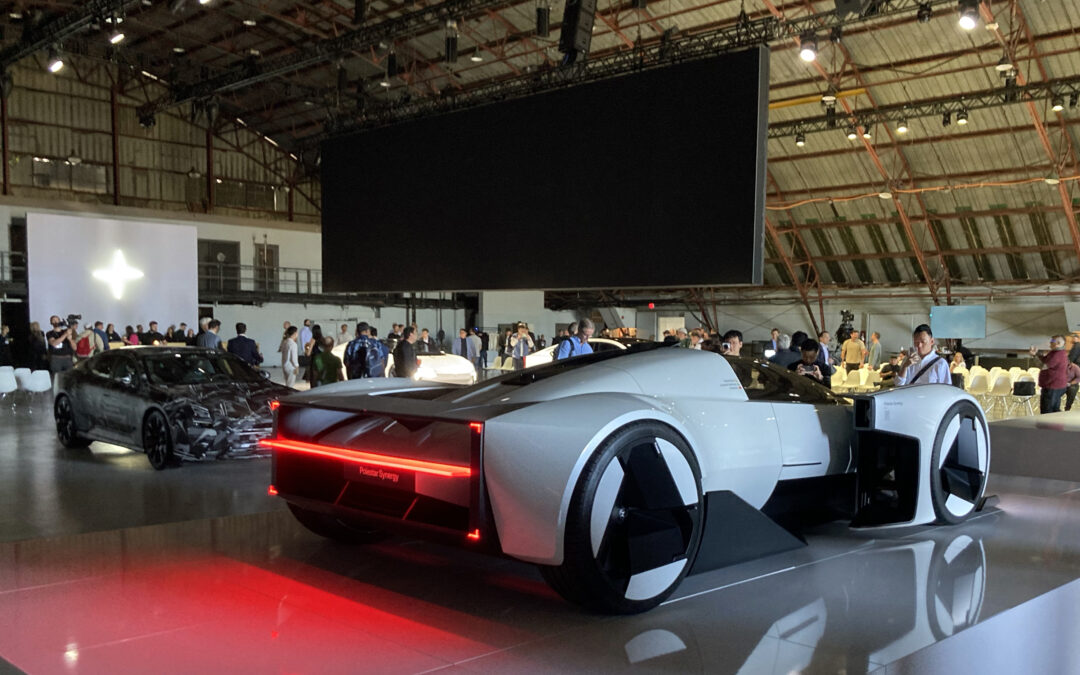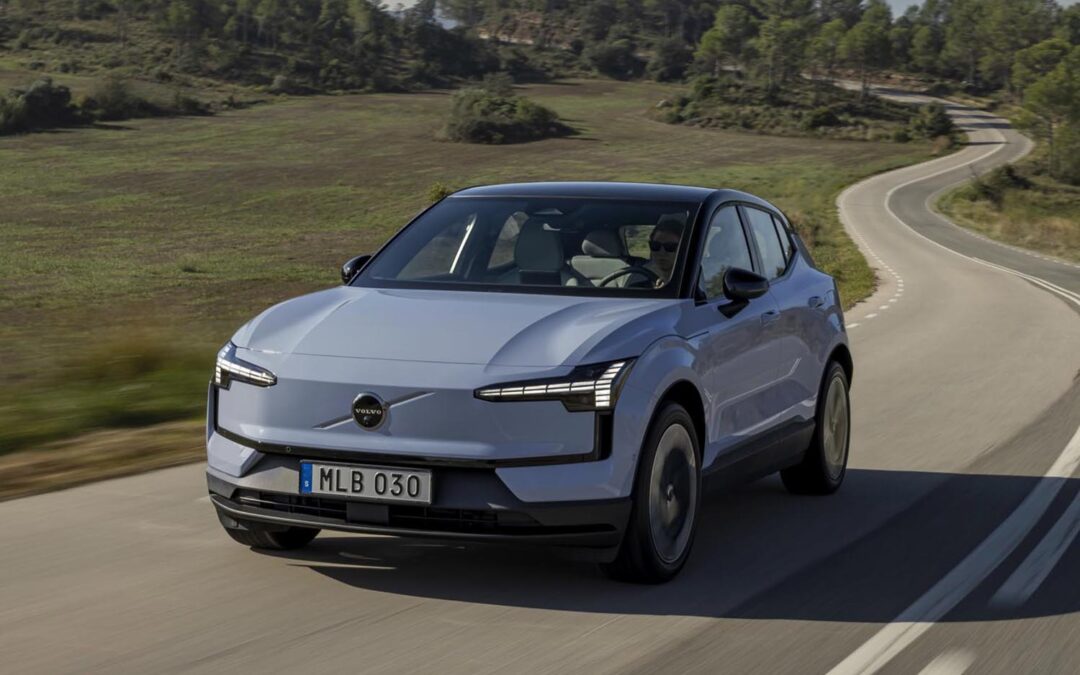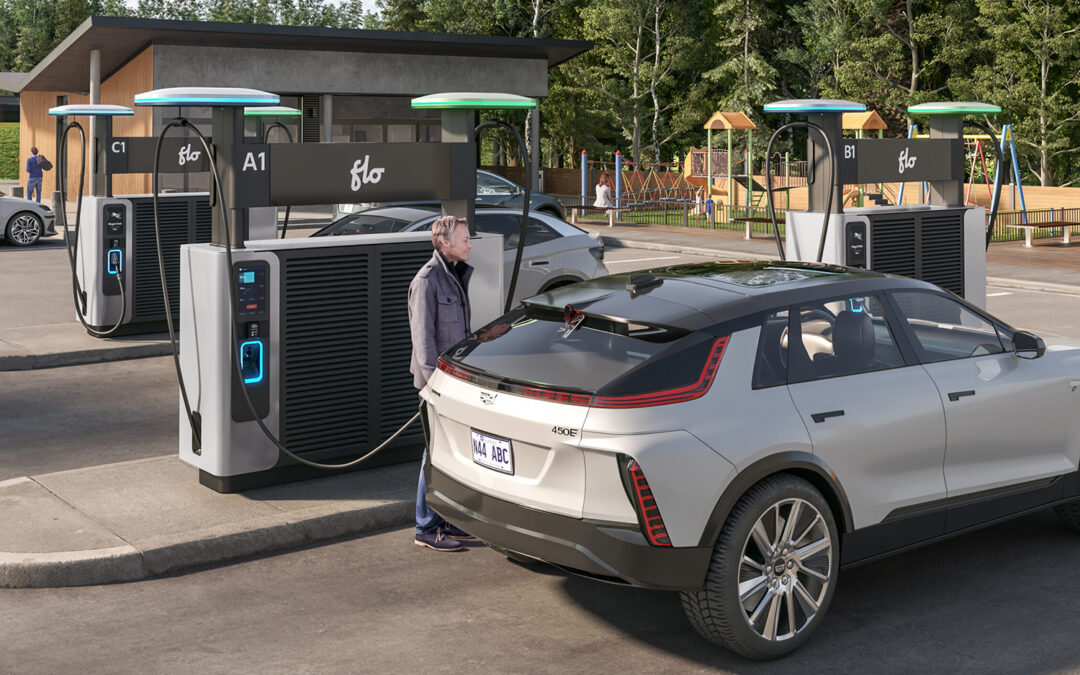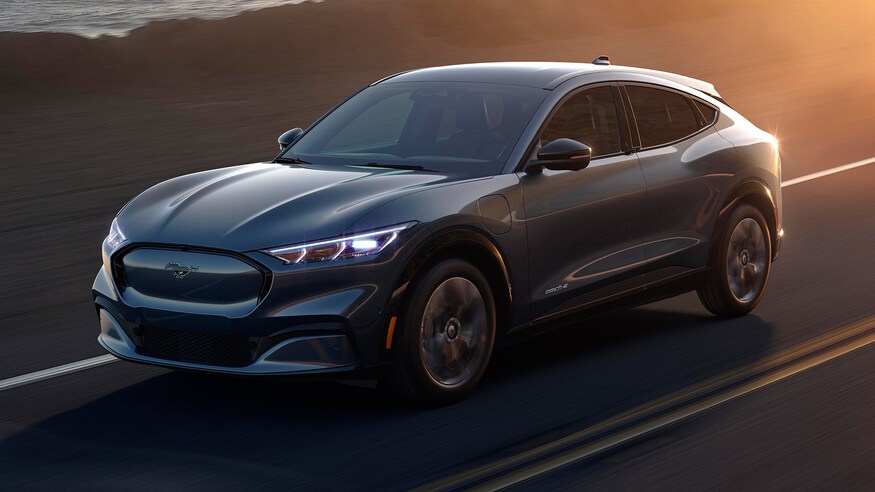The all-electric Mercedes-Benz EQS sedan, the Audi e-tron GT and the Hyundai Ioniq 5 have all emerged victorious at the World Car of the Year awards, the latter sweeping Overall, Electric Vehicle, and Car Design honours.
One of 28 vehicles considered, and among three finalists alongside the Ford Mustang Mach-E and the KIA EV6, Hyundai’s battery-electric crossover was named overall World Car of the Year by a jury of 102 motoring journalists representing 33 countries. The Ioniq 5 went on to best the EV6 again for the Car Design of the Year award.
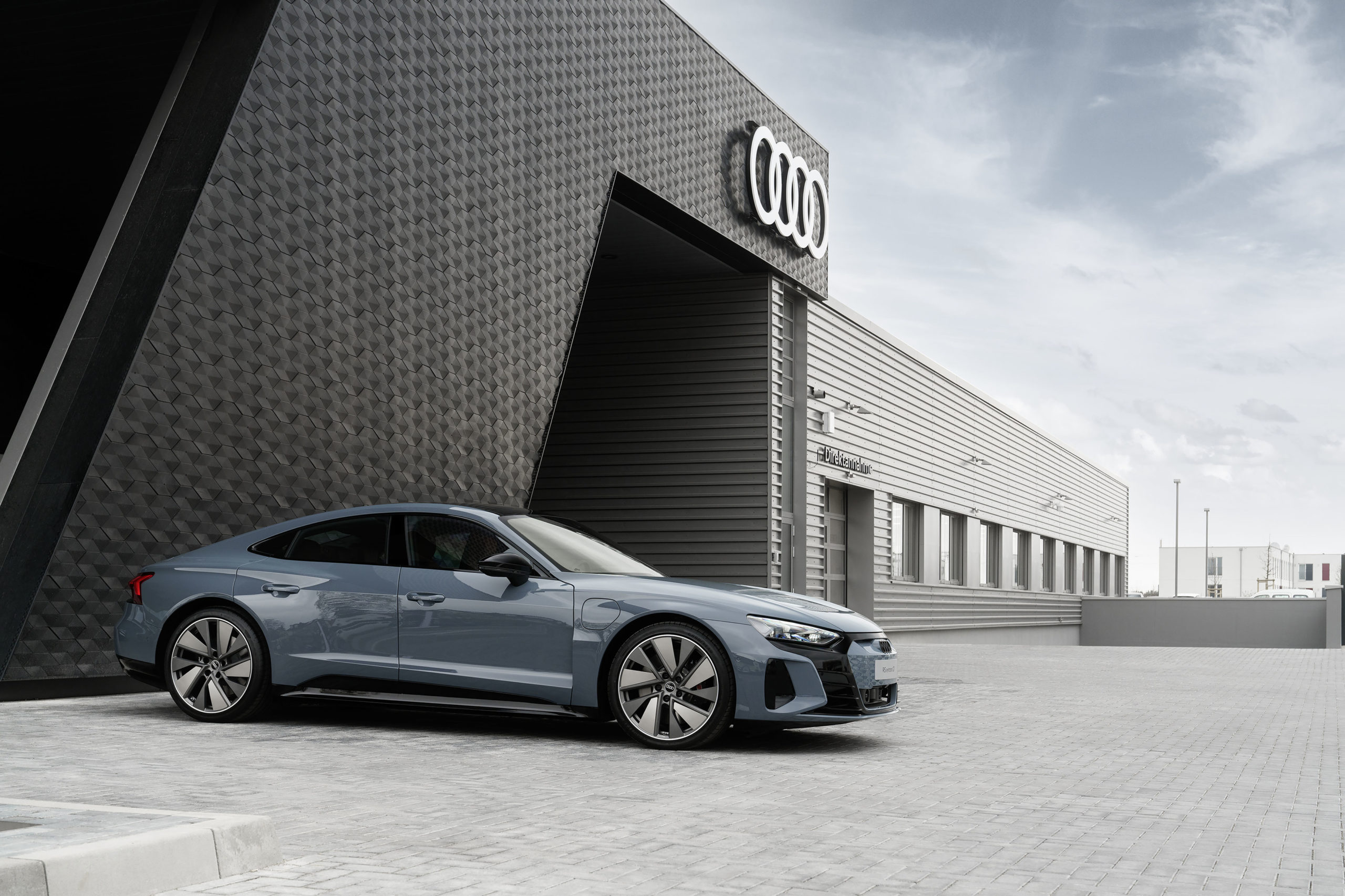
Audi RS e-tron GT
Ironically, the Ioniq 5 then beat fellow award winners Audi (e-tron GT) and Mercedes-Benz (EQS sedan) to be voted the World Electric Vehicle of the Year as well.
“We are truly honoured to receive these prestigious awards, which recognize the talent and hard work of all our people and business partners at Hyundai Motor Company,” Hyundai president and CEO Jaehoon Chang explains. “Our vision is to enable Progress for Humanity, and this endorsement of our approach will serve to embolden our commitment to make this vision a reality.”
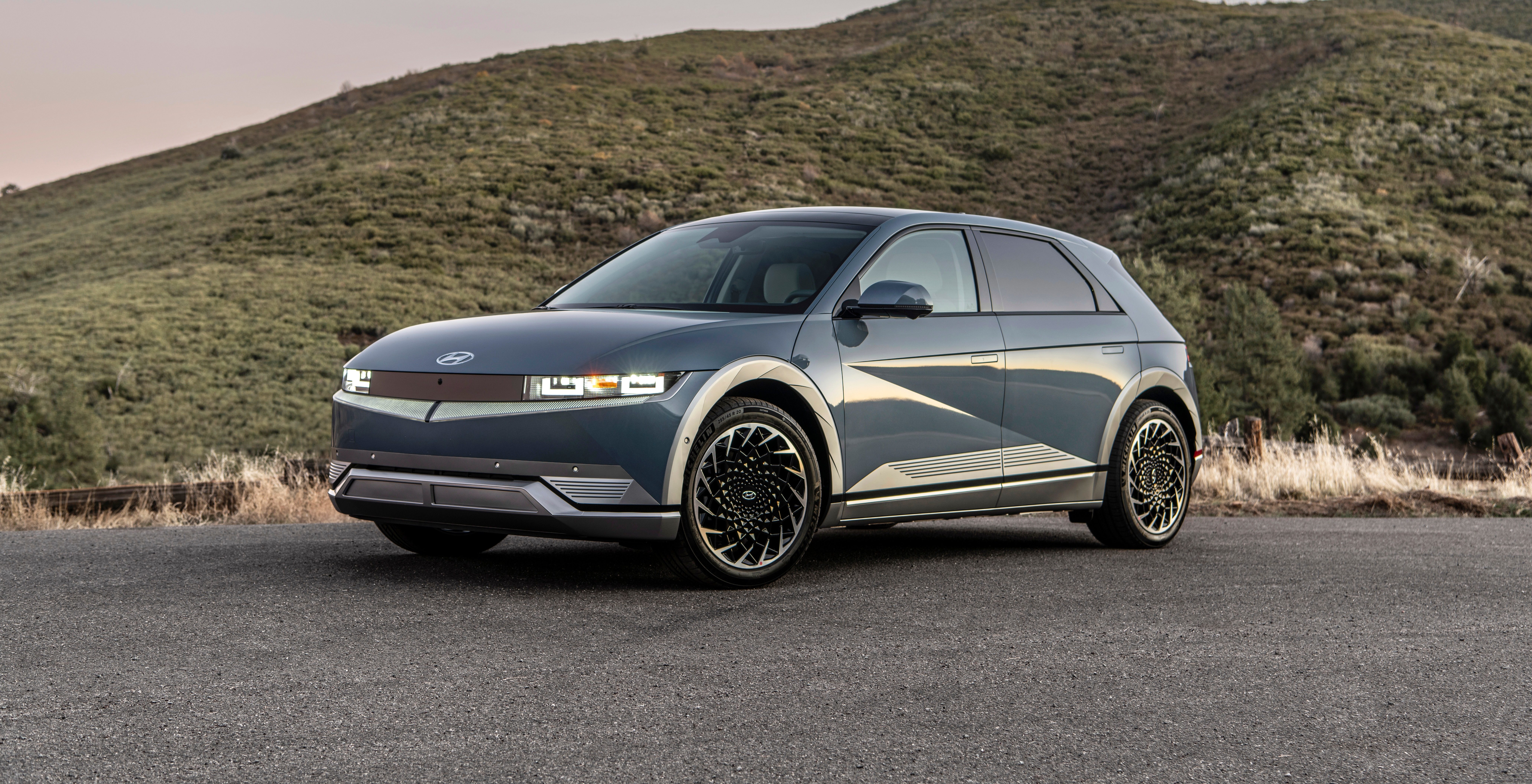
Hyundai Ioniq 5
To qualify for the top accolade, vehicles must be produced in at least 10,000 units per year, and have been on sale across at least two major markets on two continents between the beginning of January 2021 and the end of March 2022. For the electric vehicle award, eligible entrants must be powered solely by one or more electric motors, again be on sale in at least two major markets across two continents in the same timeframe, and be produced in at least 5,000 units per year.
Car Design meanwhile was judged by a panel of six “highly respected world design experts” from Germany, the UK, France and Japan, plus two from the USA.
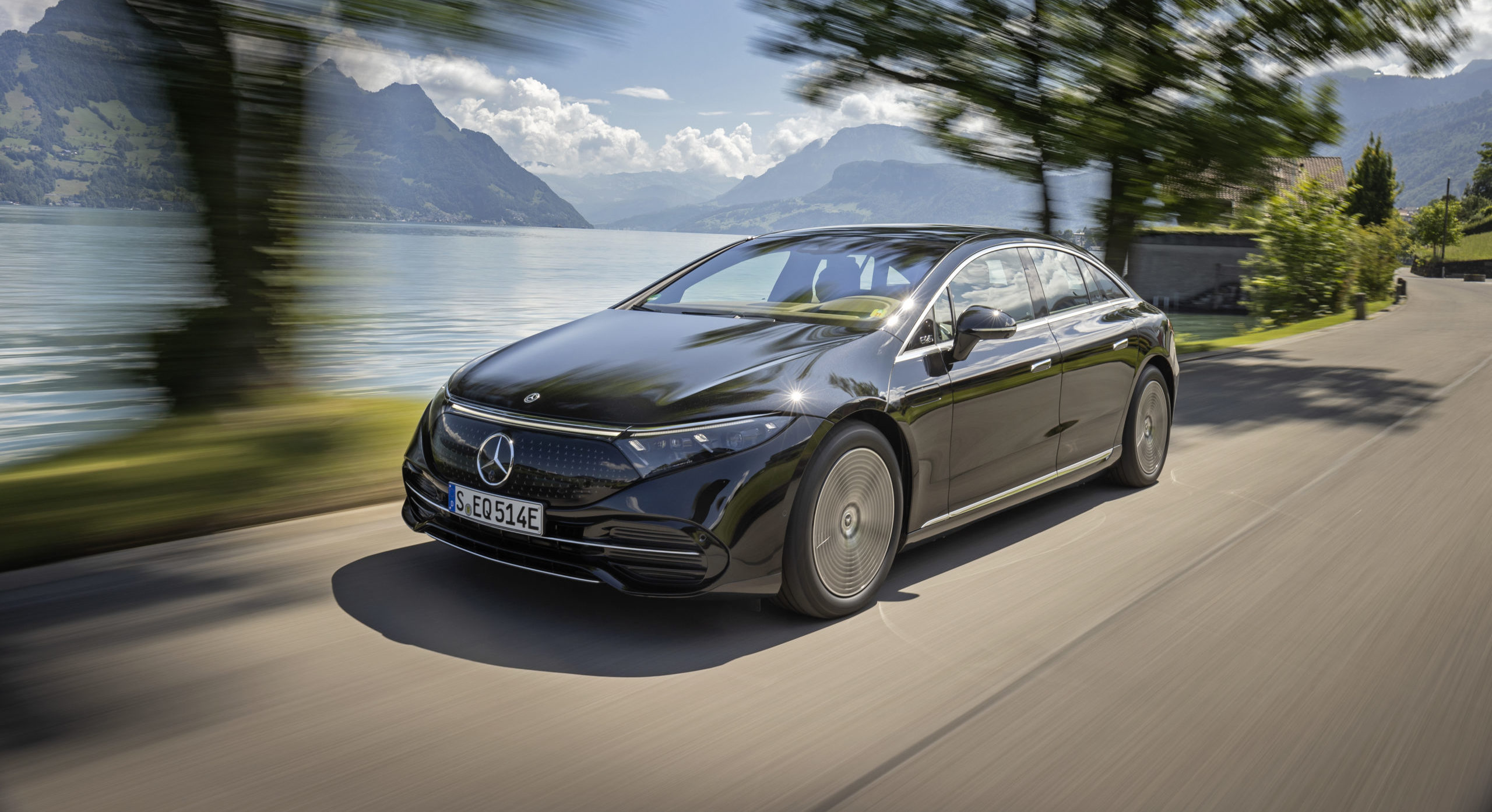
Mercedes-Benz EQS 580 4MATIC
The first example of Hyundai’s EV-dedicated ‘IONIQ’ brand, the 5 is built on the Korean brand’s Electric-Global Modular Platform (E-GMP). Available in four trim levels in Canada – from the entry level ‘Essential’ up to the premium ‘Preferred AWD Long Range’ – the Ioniq 5 is available with either a 58 kWh or a 77.4 kWh lithium-ion battery pack and as either rear-wheel drive or all-wheel drive. Power ranges from 168 hp up to a more boisterous 320 hp, while 258 lb ft or 446 lb ft of torque is available depending on the trim level. Electrical range meanwhile can be as high as 488 km with the RWD ‘Preferred Long Range,’ while DC fast-charging capabilities mean up to per cent of the battery can be restored in just over 17 minutes.
Audi’s e-tron GT meanwhile was crowned the World Performance Car of the Year ahead of the BMW M3/M4 and the Toyota 86/Subaru BRZ. With Mercedes’ EQS sedan having been judged the World Luxury Car of the Year – ahead of the BMW iX and the Genesis GV7 – this means that five of the six categories were won by EVs, the sole outlier being Toyota’s Yaris Cross, which swooped the World Urban Car of the Year award.
Read more: Mercedes’ flagship EQS 580 has arrived in Canada
This marked a notable evening in particular for Audi, which took its 11 win in the Car of the Year awards since 2005 with the e-tron GT.
“We’re happy that the fully electric Audi e-tron GT quattro was a finalist in three categories only a year after its world premiere,” Audi’s Oliver Hoffmann explains. “The fact that the Audi e-tron GT quattro takes the title of ‘World Performance Car’ and thus this award goes to Audi for the fifth time makes us particularly proud, of course. The Audi e-tron GT quattro proves that electric mobility can be sustainable, dynamic, and fascinating all at once. That’s why it is an important part of our commitment to electric mobility.”
Available in Canada from $130,850, Audi’s leading electric performance model features two electric motors that produce, in the GT Quattro model, between 469 hp and 522 hp (in ‘boost mode’), and between 465 lb ft and 472 lb ft of torque. Capable of 0-100 km/h in 4.1 seconds and a top speed of 245 km/h, the e-tron GT Quattro also boasts an electrical range of 383 km.

